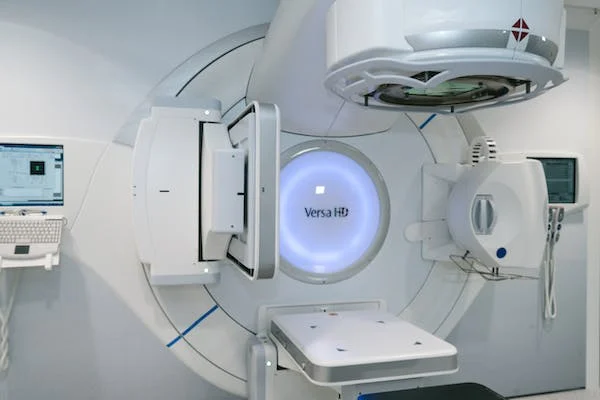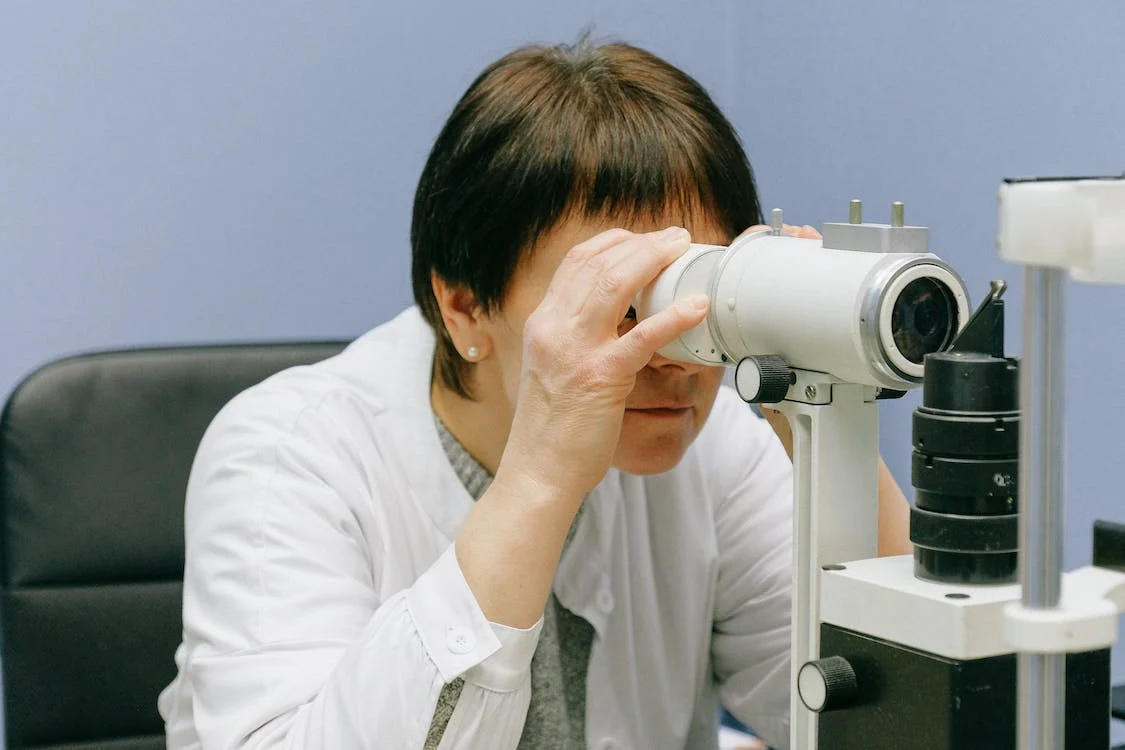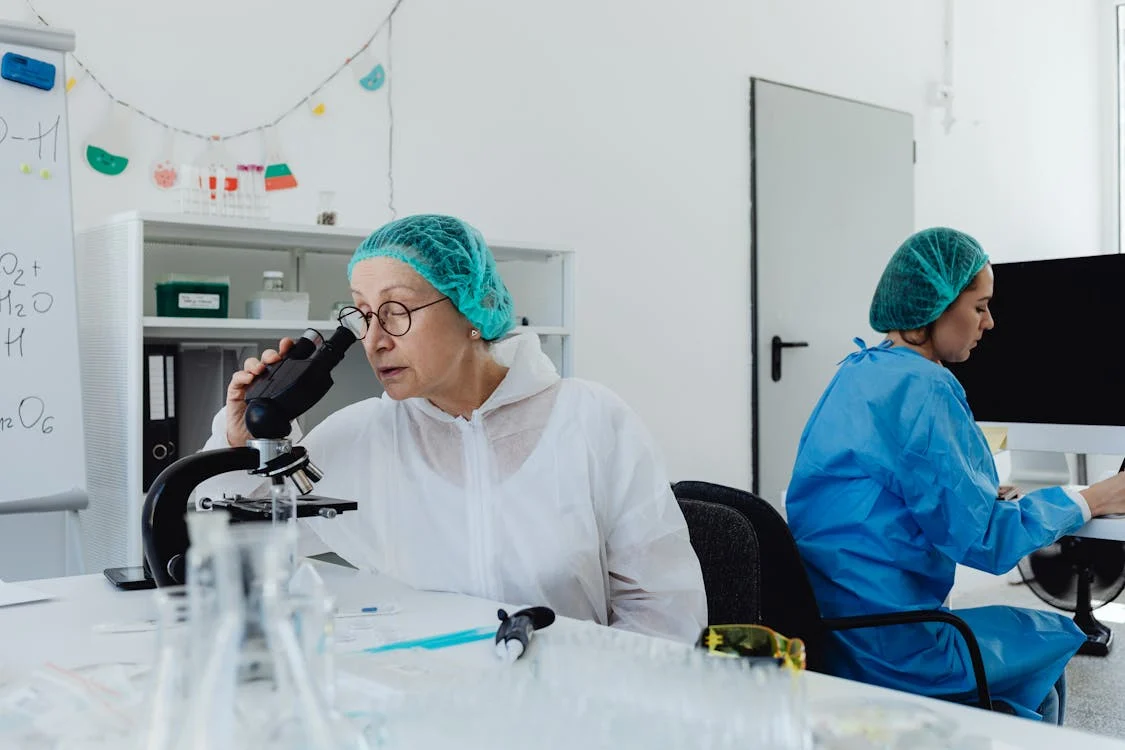Processa Pharmaceuticals, Inc. (Nasdaq: PCSA) (“Processa” or the “Company”), a clinical-stage pharmaceutical company focused on developing the next generation of chemotherapeutic drugs to improve the efficacy and safety for more patients suffering from cancer, announces it plans to expand the development of Next Generation Capecitabine (“NGC-Cap”) into the treatment of advanced or metastatic breast cancer beginning with its next Phase 2 trial. Following the Processa meeting with the FDA, Processa has decided the next NGC-Cap trial would be a Phase 2 trial in breast cancer. This decision was supported through discussions with the FDA where Processa agreed with the FDA that pursuing breast cancer will lead to a more efficient development program while providing a greater likelihood of FDA approval. The FDA stated that the previously generated data in past and existing studies could be used to directly support the Phase 2 trial in breast cancer.
“We believe the pursuit of an advanced or metastatic breast cancer indication for NGC-Cap is a logical progression for Processa as it represents a larger market than colorectal cancer with the potential to differentiate NGC-Cap from the presently approved capecitabine as well as other treatments for breast cancer. The FDA and Processa discussed the advantages and disadvantages of developing NGC-Cap in breast cancer and concluded that the development would be a more efficient and straightforward path to approval with an easier enrolment process for the Phase 2 and 3 trials,” said David Young, PharmD, Ph.D., President of Research and Development at Processa. “Capecitabine is already approved as both monotherapy and combination therapy in breast cancer, which contributes to the logic and efficiency of our current direction. In addition, the FDA’s agreement that our present data would support a Phase 2 trial in breast cancer makes the expansion seamless. We believe our Phase 2 trial will provide the safety-efficacy data to preliminarily demonstrate the benefit of NGC-Cap over capecitabine and other treatment options.”
“Based on this expansion to breast cancer we have identified breast cancer key opinion leaders to join our scientific advisory board, have already determined the Phase 2 study design which we expect to share with the FDA soon, and plan to initiate our Phase 2 study in the third quarter of 2024,” concluded Young.
Breast cancer is the most diagnosed cancer, representing approximately 15% of all new cancer patients in 2023. It has a prevalence of more than 3.8 million patients, with nearly 300,000 new diagnoses last year. Over 150,000 women are currently living with advanced or metastatic breast cancer. The NGC-Cap potential market for breast, colorectal and other cancers is greater than 250,000 patients per year.




